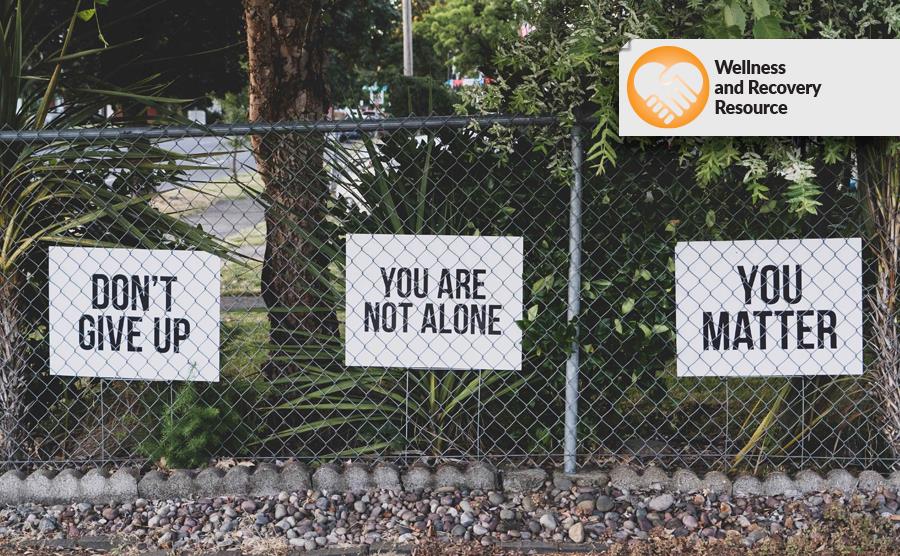Physical distancing has impacted us all in various ways with significant effects on the arts industry. Our response to these changes will depend on our individual circumstances – whether we live with others or alone, the extent to which we’ve adjusted daily activities, the resources available to us, and our individual temperaments and personalities.
What are some signs that you might be struggling to adjust and where can you get help? Here I’ll look at some common responses to isolation and match them with useful advice and resources.
Loneliness
The restriction to our movements and social interactions may leave you feeling isolated and alone. Loneliness is not necessarily related to physical closeness to others. You can be surrounded by people and still feel lonely, or be physically alone, but feel connected. If we do feel lonely though, how can we create connections during this time of physical distancing?
There are a few ways to think about creating connection with others.
We’re all in this together
For some, it may be enough to keep loneliness at bay to just know that ‘we are in this together’. An official online campaign by the National Mental Health Commission #InThisTogether, provides useful mental health and wellbeing tips.
Hearing about other artists’ experiences during this time can be helpful. The Australian Society of Performing Arts Healthcare have been releasing a series of ‘Performers’ Perspectives on COVID-19[SA1] ’. ArtsHub’s latest podcast spoke to artists in lockdown to see how they were coping.
Technology
A range of apps including Zoom, House Party, Google Hangouts and FaceTime facilitate video conferencing, and many are free to download. There’s also the good old phone call if you don’t feel the need for visual face to face communication or have a case of ‘Zoom fatigue‘.
In person at a distance
As we go about our essential activities, loneliness can be allayed through the simple exchange of a smile or quick check-in with your neighbours as you pass each other at a distance.
Quality over quantity
Making new friends might seem overwhelming at the moment and you might focus instead on deepening bonds with existing friends and family.
Entertainment Assist has released Intermission, a free series of mental health webinars about how to stay connected.
Lack of motivation
The disruption to routine may leave you feeling demotivated. What can you do if you’ve been feeling like you can’t get out of bed every morning? This response is completely understandable and is not necessarily a sign of depression. Here are some tips to manage lack of motivation.
Set a schedule
Establish a regular routine, including what time you’re going to get out of bed every morning. Change out of pyjamas and make your bed to establish the mindset of starting a new day. Define your hours of work and schedule breaks. Establish a routine of winding down before sleep, which might include creating a technology-free zone in the bedroom.
Take care of your physical health
During your breaks you might take the opportunity for gentle exercise. Walking is an ideal for exercise and fresh air at the same time. Track your activity with the Health Foundation’s walking app but be aware that physical distancing continues to be recommended while exercising. Check out the National Principles for the resumption of sport and recreation activities for more information. Keep up your intake of water and fresh fruit and vegetables.
Create a workspace
Creating a separate space for work will help to cement a routine that separates work from leisure. Create a space that is safe and appealing to work in.
Start gradually, and as you ease into routines and acknowledge small progresses you will regain momentum. If you find that your lack of motivation is persisting you may need to seek help from your GP or psychologist. Additional tips and resources are listed under the section below – Anxiety and depression.
Feeling overwhelmed
It is easy to feel overwhelmed at the moment, with the pace with which we’ve been required to adjust, the volume of news and day-to-day changes in the situation. Apart from establishing routine and staying connected, what can you do to manage feeling overwhelmed at this time?
Limit your media intake
Be discriminating about where you get information and limit yourself to checking the news only once daily. You can stay informed without subjecting yourself to uninterrupted news. Department of Health provides practical up-to-date resources for the general public and industry about COVID-19.
Alternatives to social media
Although social media can be a way to stay connected, it can be difficult to maintain boundaries, and the volume of information can be overwhelming. Limit your use of social media, and if you find yourself reaching for it excessively, find replacement activities such as making a phone call, planning a video call, or doing some exercise.
Be mindful
Breathing and grounding exercises can be helpful, if you become aware of feeling nervous or irritable. Allow time to focus just on your breathing – taking long slow breaths, controlling the rhythm of your breathing so that your outbreath is slightly longer than your inbreath. Take a break to enjoy a cup of tea or have a bath. Try meditations from the Stress Management program in the Smiling Mind app.
Anxiety and depression
Although all of the responses discussed so far are appropriate and to be expected, be wary of the following warning signs persisting over time:
- irritability, restlessness
- difficulty sleeping or sleeping too much
- difficulty concentrating
- loss of pleasure in activities you usually enjoy
- catastrophising, obsessive thinking
- avoidance of situations that cause anxiety
- eating or drinking more than usual.
The K10 checklist, provided here online by Beyond Blue, is often used by GPs to identify the need for further assessment for clinical depression or anxiety. Your GP is a good first point of call if you would like to access mental health services. Rebates for consultations with psychiatrists, psychologists, social workers and occupational therapists are provided through the Better Access Initiative. Medicare rebates are available with a GP referral, if you have an eligible mental health condition.
During COVID-19 these services can be accessed via Telehealth (phone or videoconference). The Australian Psychological Society has released an excellent guide to psychological services via telehealth for consumers.
Most importantly, reach out for help if you need it. The numbers below provide crisis help 24/7. In the case of immediate risk to yourself or others call emergency on 000.
Lifeline – 13 11 14
Beyond Blue – 1300 22 4636
Support Act Wellbeing Helpline – 1800 959 500
Coronavirus Mental Wellbeing Support Service – 1800 512 348
The Wellness and Recovery Resource is supported by the Judith Neilson Institute for Journalism and Ideas.

